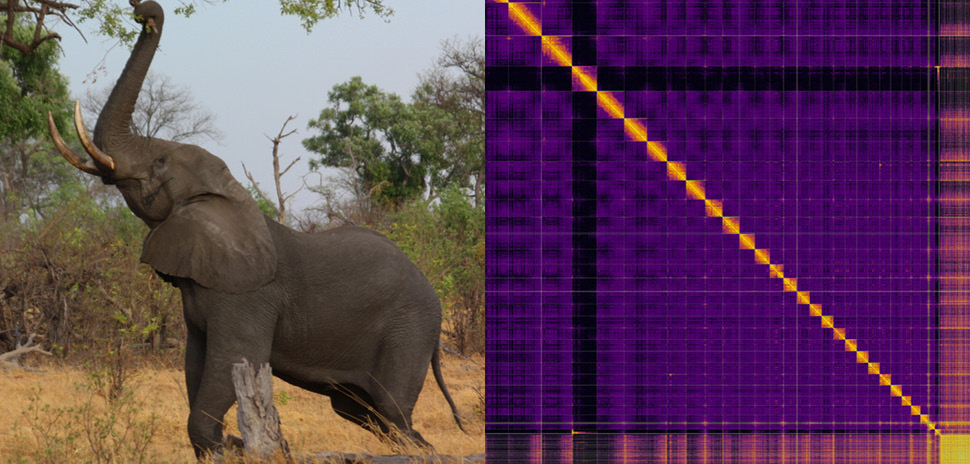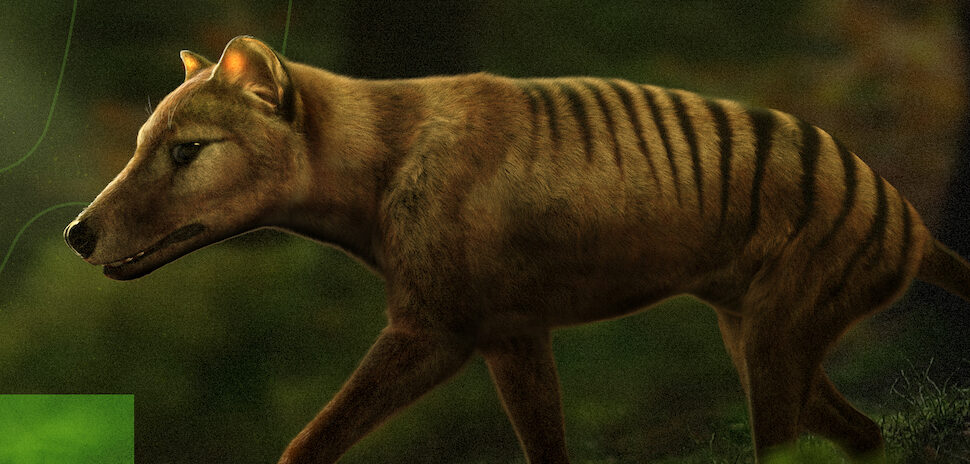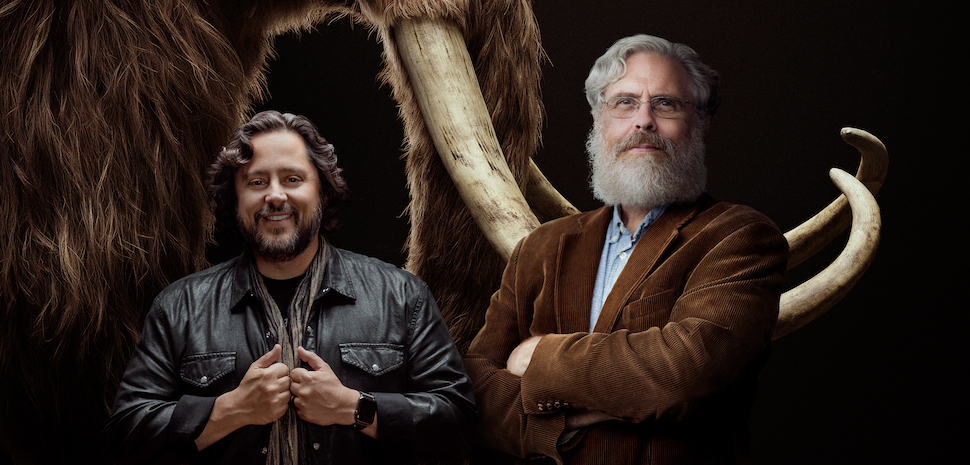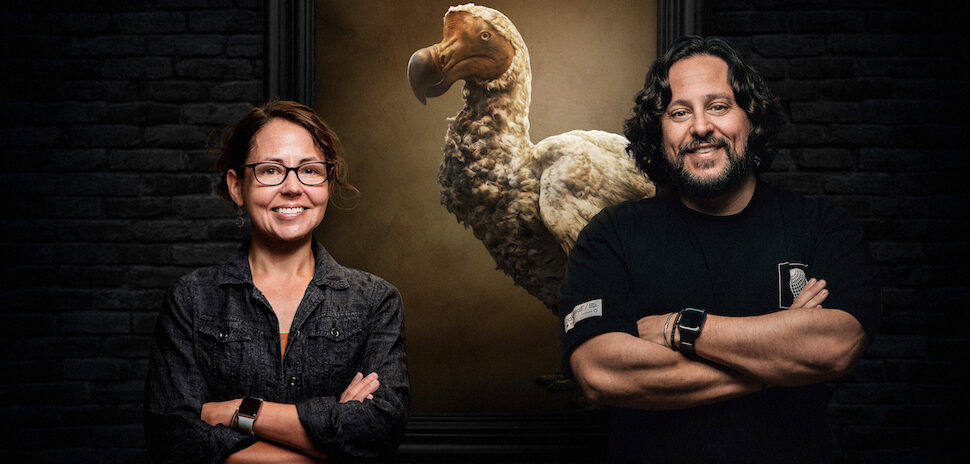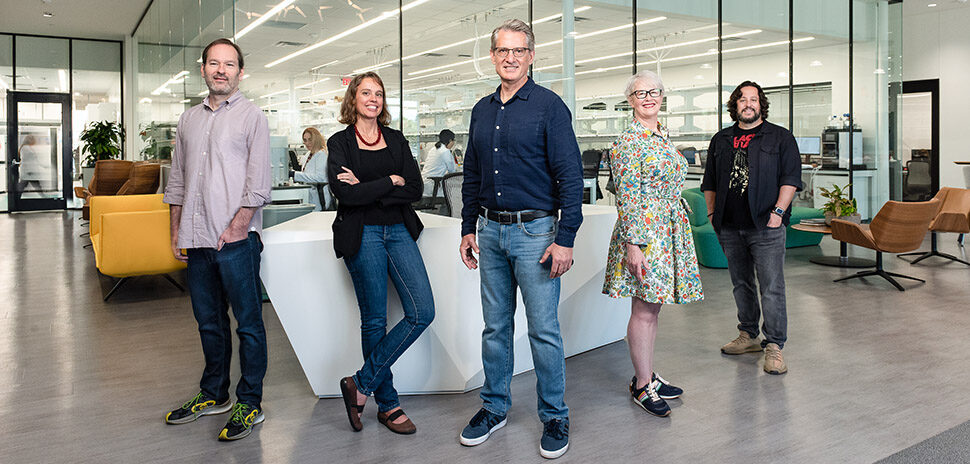Dallas-based biosciences and genetic engineering company Colossal Biosciences and the Vertebrate Genomes Project (VGP) partnered to successfully generate the first high-quality reference genome of the African elephant, the world’s largest land animal.
VGP’s goal is to sequence high-quality reference genomes for all living vertebrates.
“At Colossal, we believe that purposeful advancements in science are critical to the conservation efforts needed to restore our planet,” Colossal co-founder and CEO Ben Lamm said in a statement. “The partnership with VGP is essential to this larger body of work. Today’s milestone shows how cooperation and advancements in science can ensure that the animals we love and need to have a healthy planet will be with us forever.”
Last year, the partnership announced a near complete sequence of the Asian elephant genome.
The partners said the sequencing work is part of a long-term effort to ensure the survival of elephant species in the face of climate change, deforestation, and disease.
Facing extinction
According to Colossal, the genome was published in NCBI and is public to all. It includes sequencing, assembly, and annotation, and introduces a step forward in innovative animal conservation.
The project was overseen by Erich Jarvis, Ph.D., a Howard Hughes Medical Institute Investigator and professor at The Rockefeller University and chair of the Vertebrate Genomes Project; Olivier Fedrigo, former director of The Vertebrate Genomes Laboratory (VGL), and Eriona Hysolli, head of Biological Sciences at Colossal.
Colossal said that African elephants, along with Asian elephants, are known to be engineers of biodiversity and face a high risk of extinction in the wild.
The number of African elephants has decreased by more than 86% over the past 31 years, and the African savanna elephant populations have fallen at least 60% over the last 50 years, according to the IUCN.
Roughly 415,000 African elephants of both species combined are left on the continent and will disappear within two decades if urgent action is not taken, the World Wide Fund for Nature (WWF) has warned.
Sequencing the reference genome
Colossal said that the development of high-quality genome assemblies of the African elephant, join the complete and near gapless sequence of the Asian elephant, and ensure all valuable parts of the genomes are captured for long-term species preservation and de-extinction efforts.
“We are excited to produce high-quality reference genomes for the conservation community. A good reference genome is needed to research and study any species,” Jarvis said in a statement.
The partners said that the African elephant genome was sequenced using Pacbio HiFi long reads, Bionano optical maps, and Arima Hi-C read platforms to generate the highest-quality genome to date for this species.
VGP and Colossal said they will aim for T2T (telomere to telomere) assemblies for all extant elephant species as the next step towards complete and gapless assemblies.
The new African elephant genome is available in NCBI under accession numbers GCA_030014295.1 and GCA_030020305.1, the partners said.
What’s next?
The companies said that the project’s third phase will include genetic rescue of the Forest elephant (Loxodonta cyclotis), which is classified as endangered or critically endangered species by IUCN. The VGP and Colossal are seeking help with sample donors to produce a high-quality reference genome of the Forest Elephant, they said.
This announcement comes on the heels of Colossal Bioscience’s accelerated efforts to eradicate a fatal disease affecting endangered elephants, Elephant Endotheliotropic Herpes Virus (“EEHV”), the leading cause of death in juvenile Asian elephants born in North America and in their natural range countries.
Colossal said it is leading the development of novel treatments and a vaccine that would prevent the deadly virus from infecting elephants – in their natural habitats and in zoos.
Targets for de-extinction
Since its launch in September 2021, Colossal said it has raised $225 million in total funding and, earlier this year, became a Unicorn valued at more than $1B. It just completed an oversubscribed $150 million Series B financing, and it announced three species to de-extinct including the thylacine, the dodo, and the Woolly Mammoth—which shares 99.6% of its DNA with the Asian elephant.
Colossal was founded by emerging technology and software entrepreneur Ben Lamm and world-renowned geneticist and serial biotech entrepreneur George Church, Ph.D.
It creates disruptive technologies for extinct species restoration, critically endangered species protection, and the repopulation of critical ecosystems that support the continuation of life on Earth.
The VGP seeks to sequence high-quality reference genomes for all living 70,000+ vertebrates (i.e., mammals, amphibians, birds, reptiles, and fishes), and to use those genomes to address fundamental questions in biology, disease, and conservation.
That includes using the genomes to identify species most genetically at risk of extinction, and to preserve the genetic information of life.
![]()
Get on the list.
Dallas Innovates, every day.
Sign up to keep your eye on what’s new and next in Dallas-Fort Worth, every day.










